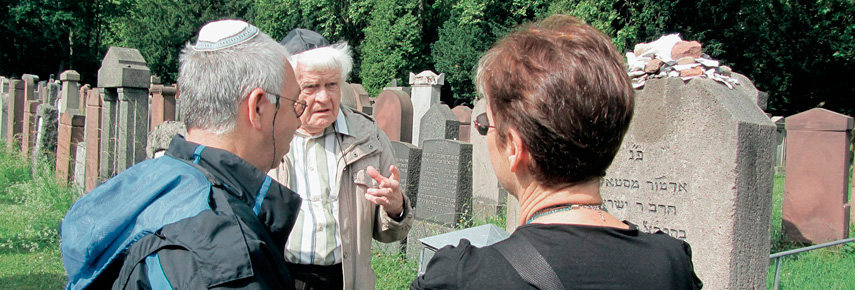BIOGRAPHICAL NOTES
Name:
Ernst Ritter von Marx, born on March 12, 1869 in Vienna. Christian of Jewish ancestry
• Mayor and Lord Mayor of Bad Homburg, commissioner of Obertaunus district (1904-1921)
• Addresses: Bad Homburg: Kaiser-Friedrich-Promenade, Frankfurt: Zeppelinallee
• 1935 emigration to England
• 1944 Ernst Ritter von Marx dies in British exile
• 1955 Schlossbrücke in Bad Homburg, to whose construction he greatly contributed, renamed after Ritter von Marx

